As Burundi grapples with a severe economic crisis that has lasted nearly three years, President Evariste Ndayishimiye sought to downplay the situation, asserting that his country remains the most affordable in the region. In an interview with the French public television channel TV5 Monde, broadcast on Sunday, Ndayishimiye stated that Burundi faces no more difficulties than its neighboring countries, emphasizing that the cost of living in Burundi is lower than in other regional nations.
“We cannot claim that Burundi is facing more difficulties than others. For example, when discussing the shortage of basic necessities, go see for yourself in the region. Burundi is a country where life is cheaper. Ask the price of a kilogram of rice in Bujumbura, compare it with neighboring countries, and you will see that here, life is more affordable because, first and foremost, we ensure food security,” President Ndayishimiye said.
However, local civil society organizations have a contrasting view. Some describe the current socio-economic situation as unprecedented. The Observatory for the Fight Against Corruption and Economic Malpractice (OLUCOME) has condemned the sharp rise in food prices. In a press release earlier in November, OLUCOME’s president, Gabriel Rufyiri, reported that the prices of 36 essential products have doubled between April and November 2024.
The organization has also criticized the speculative practices around the management of the country’s limited foreign currency reserves, which have contributed to the crisis, particularly the ongoing fuel shortages affecting the transport sector.
Regarding the persistent fuel shortage, which has lasted nearly three years, President Ndayishimiye has acknowledged Burundi’s challenges as a landlocked country with a history of conflict and an underdeveloped energy policy. “Burundi is a landlocked country that has experienced conflicts, and energy policy was absent. Today, the storage facilities are in Dar es Salaam, not here in Bujumbura, because we hadn’t planned for an energy policy,” he said. “As a solution, we need to establish strategic reserves here in Bujumbura. This is why we are contacting investors to set up these strategic reserves,” he added.
Despite the President’s statements, civil society groups continue to criticize corruption within some state institutions and the absence of effective governance as significant obstacles to improving the business climate. These concerns were also highlighted during a recent roundtable discussion with development partners and private investors held on December 5-6, 2024. The debate underscored the urgent need for improved governance to support Burundi’s economic recovery.

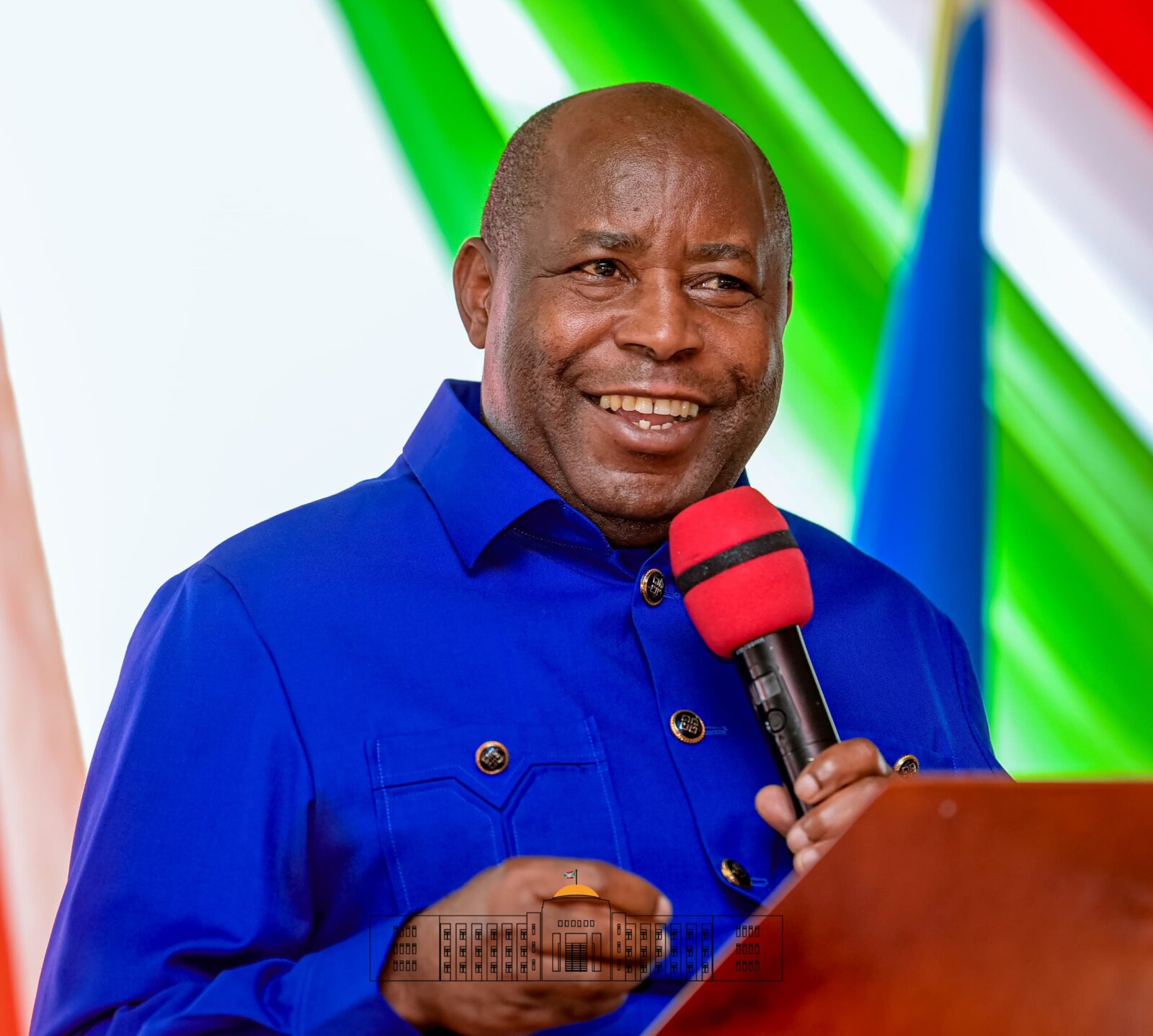
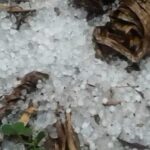
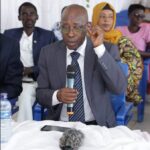
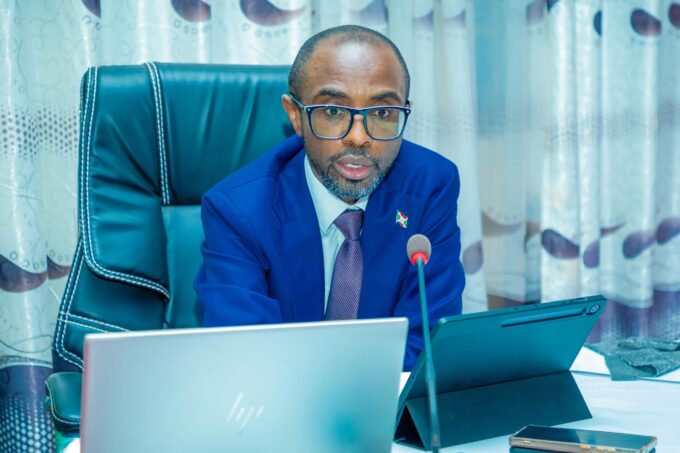
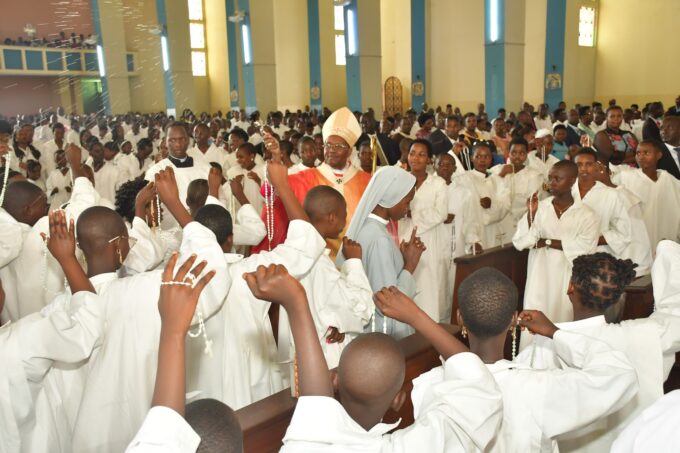
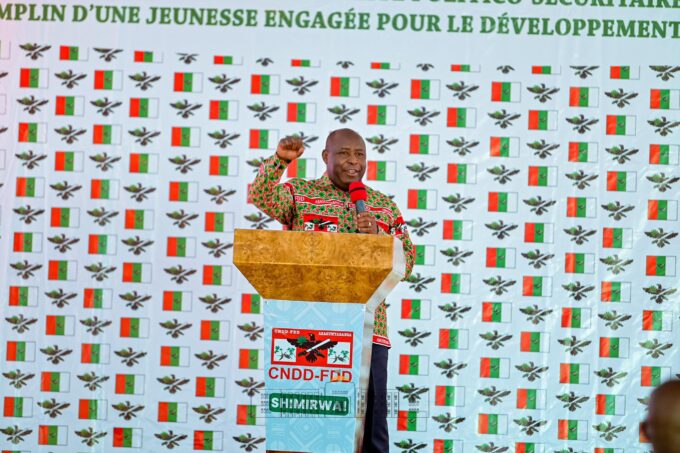
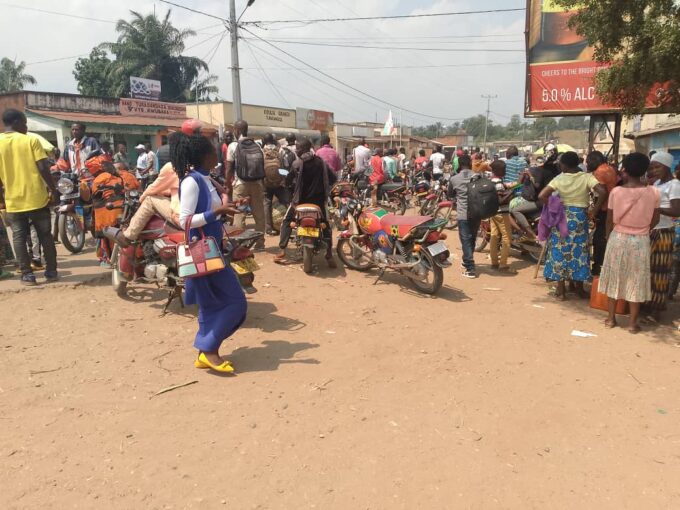
1 Comment